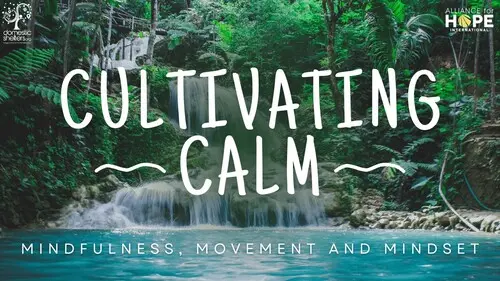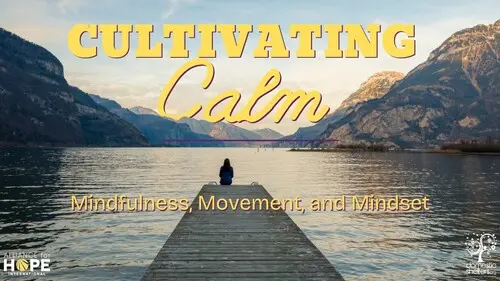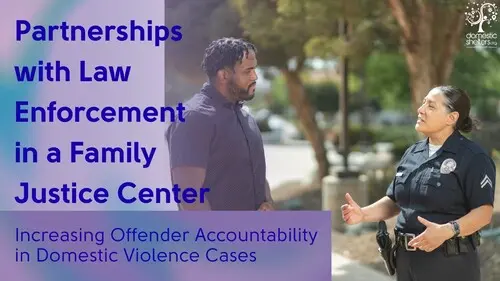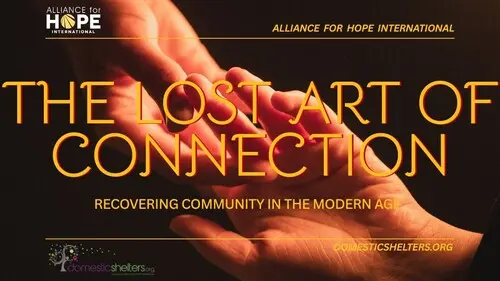1. Select a discrete app icon.

notes
Ask Amanda: Escaping an Abuser—Is It Time to Get Help?
Survivor says she feels powerless to leave her abusive partner, but is tired of walking on eggshells
- Nov 12, 2025

Q: I am writing this email because I saw an article from you asking if it was normal if my husband hits me. I didn’t call a hotline as it’s already very late. But still, I want to start working on this to save myself. I was shocked when I read through the signs of abuse and started to realize how much I’ve been suffering. I feel nervous, unsafe and always like walking on eggshells when I am with my husband. And the worst thing is that my daughter is also scared of him, though most of the time he wouldn’t harm her. He hit her once when she was 5 years old.
Tonight, we had a quarrel again and he hit my head very hard twice. That action bounced my glasses away on the ground. I felt so scared, then numb, then embarrassed and angry. But I didn’t know or haven’t decided what to do. I feel humiliated and I feel guilty and sorry for my daughter.
I sometimes feel like I need to go to a psychologist and ask for [help]. I tried once and successfully brought my husband together with me there. That helped a bit, but he didn’t change, apparently. I feel powerless and hopeless sometimes.
- MT
Hey, MT. It took courage to reach out, so give yourself credit for that. Just by writing, you’re showing that you have the power to take the first step. You’ve told someone (aka, me) what’s going on. I’m confident that if you have the power to take one step, you have the strength—and courage—to take more steps toward safety.
Disclosing abuse is not as easy as many who haven’t been in ] relationships with abusers may assume it is. You must face a lot of uncomfortable truths about your current situation. A lot of survivors don’t want to admit that they’re victims of domestic violence. It feels like it can never happen to us … until it does. Unfortunately, abusers can target anyone. It has nothing to do with how smart or tough we think we are—when we trust someone, we believe that they’ll never hurt us, and if they hurt us, we believe that it can’t possibly happen again. And so on, and so forth.
The truth is, the man that you married is not the man who lives with you now. Despite what he may promise you, there’s little chance that he’s going to magically change back into someone you can trust again. Especially since it sounds like his patterns of abuse have been going on for some time. It also sounds to me like his abuse is escalating.
You do not deserve any guilt or shame for the choices your husband is making. Those are his and his alone. Nothing you do is the cause of his abuse.
Being tense and nervous around your partner is never OK—this is a type of psychological abuse. Hitting a child, even one time, is also never OK. His abuse is escalating from making you scared and uncomfortable to harming your daughter and hitting you in the head, which is physical abuse. From here, it may only get more dangerous. Other signs of escalation can include:
- Not respecting your boundaries
- Blaming you for his abuse
- Isolating you from your friends and family
- Threatening to take away your children
- Harming children and pets
- Acquiring a weapon
- Displaying excessive jealousy or paranoia
It’s OK that you’re just not realizing how much his abuse is affecting you and how much it is likely affecting your daughter. To those outside of abuse, there may be a presumption that the first time an abusive partner uses physical violence, the survivor would immediately leave and never look back.
Abusers, however, are cunning. They often create a pattern of mental manipulation in which they gaslight the survivor into rewriting their own memories of what happened, minimizing events to be less severe than they actually were.
Abusers may act remorseful and apologetic; they may give gifts or dole out extra attention to the survivor to show their regret. They may even promise it will never happen again. The survivor wants things to go back to “normal,” so they believe the abuser. Only, this rarely turns out to be true. Soon, tensions will begin to rise again and it’s likely another incident of his abuse will occur. This is sometimes referred to as the Cycle of Abuse.
Safety Planning
Let’s talk about what we need to do next. I say we because you’re not alone in this. DomesticShelters.org is an online directory of domestic violence organizations and advocates across the country, even internationally. Go to our Find Help page and locate your nearest shelter or use “Find Help Near Me” with Hope Chat in the corner of your screen while you’re on DomesticShelters.org. Make sure you’re deleting your search history, or consider using a computer at your place of work or a public library so your abusive partner can’t track what you’re searching.
You don’t need to be ready to leave to call a domestic violence agency. An advocate can help walk you through what some of your options are in terms of safety planning and legal steps, like obtaining an order of protection and gathering evidence safely.
If you haven’t already, please consider seeking medical attention for your injuries. Anytime you’re struck in the head, you run the risk for concussion or traumatic brain injury. This can lead to additional negative health effects down the road.
Additionally, advocates do not recommend couples counseling for relationships with abusive partners. Abusers are likely to manipulate those sessions, the counselor or you in order to paint themselves as the victim. Individual counseling is more recommended by advocates. It’s clear your daughter needs immediate support as well. I’m sure she knows a lot more about what’s going on than she lets on, and trauma is likely affecting her in various ways. It’s only going to benefit her to get intervention resources early. I encourage you to read about adverse childhood experiences, called ACEs, to learn more, and access counseling and other types of support as soon as possible.
Remember, there is always hope even if you feel trapped! It may help you to read some of the empowering stories of survivors who got away from abusive partners, like the incredible stories of Hannah Kay Herdlinger, Liane Daniels or the indelible Tina Turner.
Have a question for Ask Amanda? Message us on Facebook, X or email AskAmanda@DomesticShelters.org.
Ask Amanda is meant to offer helpful resources and information about domestic violence. If in crisis, please reach out to your nearest domestic violence shelter for the guidance of a trained advocate.
Donate and change a life
Your support gives hope and help to victims of domestic violence every day.








